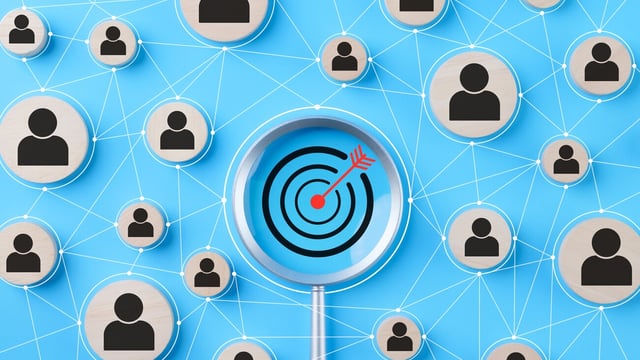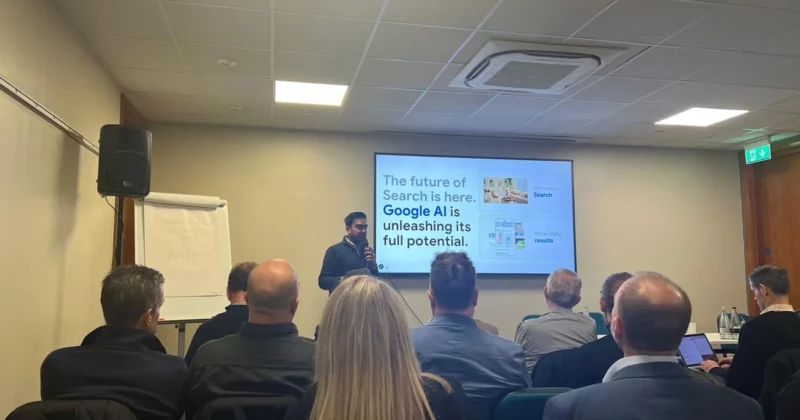
The travel industry is booming again, with global demand and spending surpassing pre-pandemic highs. But expectations have shifted for modern travelers. Today’s guests expect every interaction to feel personal and relevant. They want the convenience and consistency of tech-driven service with the human touch of traditional hospitality.
To meet that demand, hospitality brands are undergoing a quiet but powerful shift. They’re moving away from one-size-fits-all, batch-based data strategies and toward real-time data approaches.
Leading travel and hospitality brands are building systems that respond to customer behavior using live data to personalize interactions and inform decisions in real time. This move marks a fundamental rethinking of how guest data is collected, interpreted and used across the customer journey.
From Static Profiles to Dynamic Journeys
For years, the hospitality industry has used data such as loyalty status and past booking history to guide its marketing and service strategies. This data still matters, but it’s often siloed and out of date. The result is an incomplete view of the guest—limiting how well brands can personalize and respond.
A real-time data approach enables brands to build responsive, relevant guest experiences. For example, Wyndham Hotels & Resorts is able to identify when a traveler who typically books through an online travel agency returns to browse its website. Rather than serving generic content or promotions to these customers, Wyndham can respond with a tailored, timely offer, like a discount for midweek stays or a limited-time upgrade, to encourage direct booking.
Similarly, if a guest searches for a last-minute getaway, real-time systems can highlight low-demand inventory with personalized messaging, increasing the likelihood of conversion while also filling otherwise vacant rooms. These aren’t one-size-fits-all strategies, they’re dynamic interactions powered by signals happening in the moment.
Building in Relevance Throughout the Guest Journey
Real-time data is most powerful when it translates into meaningful results. For hospitality leaders, that means building smarter, more meaningful touchpoints throughout the guest journey. Brands using real-time systems are personalizing everything from pre-arrival messaging to post-stay follow-ups.
For example, a loyal guest opens a hotel’s app the morning of their stay. Instead of receiving a generic welcome email, they get a personalized push notification offering early check-in and a discounted spa appointment based on their past behavior and current booking data. Or, perhaps a status member starts browsing resort destinations a few weeks after a trip. Real-time data can trigger a rebooking incentive, sent before the guest leaves the website.
These moments depend on systems that detect behavior in real time, unify the data instantly, and act with personalized, relevant messaging.
Identity Resolution: The Real-Time Enabler
The foundation of this real-time marketing strategy is identity resolution. Before a system can act in the moment, it has to know who it’s dealing with. That’s no easy feat in hospitality, where a guest might use different names, email addresses, devices or third-party booking accounts.
Modern identity resolution solves this challenge by using machine learning to reconcile different records into a unified customer profile. Unlike rule-based matching—which often breaks when identifiers change – AI-powered identity resolution improves over time by learning from new data. This ensures that every system accessing guest data (such as a CRM, booking engine or AI agent) is pulling from the same accurate information.
In a real-time context, identity resolution is critical. It bridges the gap between fast-changing behavioral data and intelligent responses and action. Without identity resolution, it becomes more challenging to personalize in an automated way without mistakes.
The Role of IT in Enabling Real-Time Engagement
For hospitality brands looking to scale real-time capabilities, success starts with data infrastructure. Real-time personalization can’t happen without systems that ingest, unify and activate data with low latency and high reliability. That requires IT teams to go beyond a shift toward cloud-based environments and tools and focus on building systems that deliver actionable insights to the right teams at the right time.
In addition, brands should follow a cross-functional collaboration approach. Marketing and CX teams may drive the guest engagement strategies, but IT and data teams build the foundation those strategies rely on. By partnering closely, brands can avoid the gap between innovation and implementation.
Real-Time Engagement is Essential
In an industry where service, loyalty and brand trust are everything, relevance and timeliness have become the differentiator. Guests don’t want to feel like data points. They want to feel understood, which means being met with offers, information and service options that align with who they are and what they need right now.
That level of personalization isn’t possible with stale data or batch-built segments. It takes systems that are fast, adaptive, and responsive. It takes complete, up-to-date customer identities. And it takes data strategies designed for action – not just analysis.
Real-Time Readiness Is the Future
Real-time data is quickly becoming the essential engine behind every great hospitality experience. As the industry continues to rebound and evolve, the brands that lead will be those that make data timeliness a core capability. Not just to react faster, but to serve smarter, build loyalty and shape an outstanding and memorable guest experience.
For hospitality leaders, the path forward is clear: meet your guests where they are, when they’re there. With the right data systems in place, real-time engagement becomes scalable, measurable and transformative.
About the Author
Sara Skov is a product marketing leader with deep expertise in go-to-market strategies and customer data platforms. At Amperity, she leads Identity Solutions, helping shape how enterprise brands unlock value from their customer data. She previously built out the product marketing function at Catalyst Software and has led key programs at Amperity, including the Customer Advisory Board, Customer Research initiatives and defining Services Offerings.








